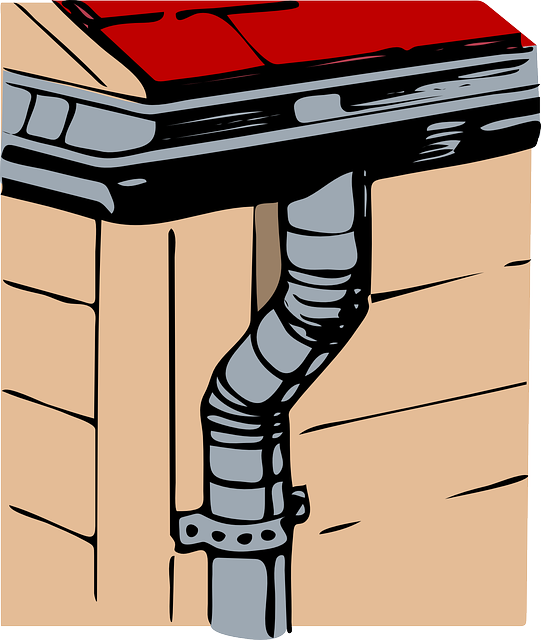Have Questions? Call: (416) 840-2680
REQUEST A QUOTE



A wet basement can be a real inconvenience, and it also poses a risk to the value of the home. Solving common wet-basement issues can help you to protect the health of your family while also ensuring that you avoid serious and costly structural damage. A wet basement if left unchecked can lead to damage of the floor, walls and even the roofing. Basement moisture encourages the growth of mold that can be very costly to remove. The earlier you deal with the problem, the better.
In many cases, you can solve wet basement problems by cleaning the gutters and diverting the water away from the building foundation. This will work effectively if the problem is caused by rainwater getting into the basement through the walls. On the other hand, if the problem is due to storm drains backing up or water seeping from under the ground, you will need to take measures that are more aggressive. It is important to get an inspection so that you know what you are dealing with.
1. Adding gutter extensions

If the problem is caused by downspouts dumping water close to your house, gutter extensions can solve this problem. The water should not come within five feet of your home and adding metal or plastic gutter extensions can direct the water further out. While they might work in the short-term, gutter extensions are not the most ideal long-term solution. Apart from potentially being an eyesore, the extensions can be dangerous if they are in a position where they can trip people. A permanent solution such as using an underground drainpipe is more preferable.
2. Plugging any openings
If you notice water seeping into the basement through gaps or cracks along the plumbing pipes, you can use caulk or hydraulic cement to plug the gaps. Plugging is a simple and cost effective solution for a problem that is not too serious. It works when the problem is caused by a hole through which the water seeps through, and it can be from wet soil or surface runoff. If the water is seeping through the floor or through the edge where the floor meets the walls, plugs will not work because the issue is groundwater.
3. Improve the landscape
If you have plugged the holes and fixed the gutters and you still notice water seepage, you should consider reshaping your landscaping. Restoring the crown or the soil slope can help to ensure that the water drains away from the house. The home siding usually overlaps the foundation, and you should try not to build the crown too close to the home as this could lead to issues with termites. Some landscape features such as berms or swales can help to redirect the water away from the house.
4. Repairing footing drains
Hydrostatic pressure can sometimes push underground water into the basement causing the problem. If the water is leaking in through the corners where the walls meet the floor, this is the likely culprit. Find out if you have underground pipes or footing drains that were installed to direct water away from the building foundation. If you have a cleanout pipe, drain or manhole in the basement, it indicates the presence of the underground pipes. If the drains are clogged, cleaning and repair can solve the problem.
5. Pumping the water
You can remove water from the basement through pumping. If keeping the subsurface water from the basement is proving to be difficult, channelling it from the interior can be effective. You will need to create a drain system inside the home by inserting a perforated pipe through a hole in the floor. The pipe can drain the water into a collection tank placed at the lowest section of the basement. A sump pump can then be used to get the water out of the house.
6. Waterproofing the basement walls
Installing a drainage system in your basement can remove water from the space but it does not waterproof the wall surface. For effective waterproofing, you should install an exterior system such as a French drain that will protect the foundation by relieving the hydrostatic pressure. Waterproofing protects the home foundation, and it is a job that requires excavation around the home. If you have many gaps in the foundation, this may be the best way to keep water away from your basement.
It is important to get professional basement inspection to determine the best solution. Talk to your contractor and come up with the best way to deal with a wet basement problem. Depending on the solution that you seek, it can be very costly to keep your basement dry and safe. If you are renovating the basement space to make it more usable, you have to deal with the moisture issue before any renovation work begins. Any mold on the surfaces should be removed before the renovation.